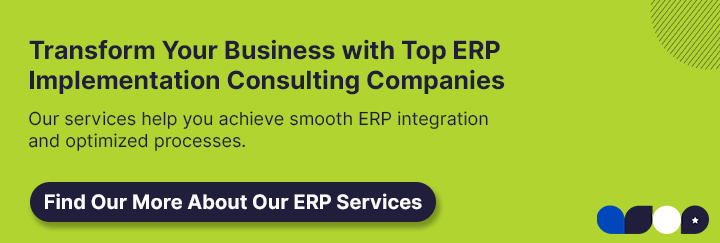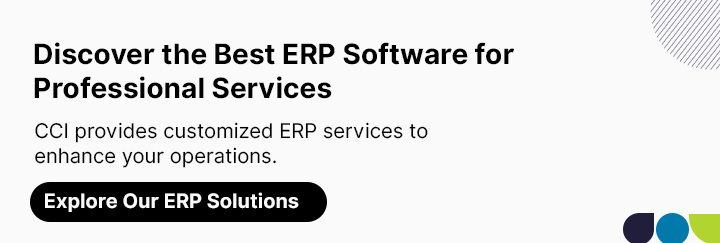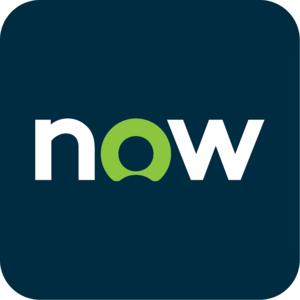How to Integrate WhatsApp with Salesforce in 2026
Updated on March 2, 2026
WhatsApp is one of the most popular messaging platforms worldwide, and integrating it with Salesforce, one of the best customer relationship management (CRM) software, has proven to be a game-changer for businesses aiming to enhance customer engagement. This integration allows companies to manage conversations, respond promptly, and keep customer interactions all in one place. Let’s dive into how Salesforce and WhatsApp work together, the benefits, the setup process, and best practices to ensure a smooth experience.

>> Related Post: Salesforce ServiceNow Integration
Why Integrate Salesforce with WhatsApp?
Integrating Salesforce with WhatsApp isn’t just about having an additional communication channel; it’s about elevating customer service by connecting where your customers already are. Here are a few key reasons why this integration is valuable:
- Instantaneous Customer Engagement: Since WhatsApp is widely used, your customers are more likely to respond promptly, leading to quicker interactions and better relationship-building.
- Centralized Communication: By integrating WhatsApp with Salesforce, businesses can track all customer interactions within Salesforce, creating a unified view of each customer.
- Enhanced Automation Opportunities: Integration allows for the creation of automated messages, such as confirmations or follow-ups, helping organize responses and improve efficiency.
- Personalized Experiences: Salesforce’s CRM data can personalize interactions on WhatsApp, ensuring each customer receives relevant responses and updates.
>> Related Post: ERP & Business Intelligence: Role and Benefits in 2026
Pre-requisites for the Salesforce WhatsApp Integration
Before diving into the integration process, there are several requirements to have in place:
- Salesforce Account with Admin Access: Admin-level access is necessary to configure settings and install apps.
- WhatsApp Business Account: An active WhatsApp Business account is required to access the WhatsApp Business API.
- WhatsApp Business API Access: WhatsApp’s API access is necessary to link with Salesforce, and this typically requires approval from WhatsApp.
- Salesforce Messaging Channel for WhatsApp: Salesforce provides a messaging platform that supports WhatsApp as a channel. Ensure this is set up within your Salesforce account.
>> Related Post: Benefits of ERP Systems in 2026
How to Integrate WhatsApp and Salesforce
Let’s walk through the process of integrating WhatsApp with Salesforce. This includes setting up the messaging channel, configuring triggers, and linking APIs to ensure smooth communication.
-
Enable Messaging in Salesforce:
-
-
- Go to Setup in Salesforce.
- Use the Quick Find box to locate Messaging Settings.
- Enable messaging by selecting the Enable Messaging checkbox and save changes.
-
-
Add WhatsApp as a Messaging Channel:
-
-
- Navigate to Messaging Settings in Salesforce and select New Channel.
- Choose WhatsApp and provide the necessary information, including your WhatsApp Business phone number.
- Note the generated webhook URL – this will be used within your WhatsApp Business API to link the accounts.
-
-
Connect WhatsApp to Salesforce via API:
-
-
- Within your WhatsApp Business account, go to the API settings.
- Enter the webhook URL generated from Salesforce to enable the data exchange.
- This connection allows WhatsApp to communicate with Salesforce, ensuring messages and customer data are linked.
-
-
Configure Automated Triggers and Responses:
-
- In Salesforce, go to Setup and find Workflow Rules.
- Create rules to send automatic responses for specific events, like a new lead or a follow-up request, so that WhatsApp messages are sent directly based on criteria.
>> Related Post: Best Salesforce Chrome extension in 2026
Best Practices for Setting Up WhatsApp Salesforce Integration in 2026:
Implementing Salesforce and WhatsApp integration effectively requires a few key strategies to ensure that it delivers value without creating disruptions.
- Choose an Appropriate Integration Tool: Several tools and plugins are available to integrate WhatsApp with Salesforce. It is essential to select a reliable tool that aligns with your business needs and offers flexibility for future upgrades.
- Establish Clear User Permissions: During setup, assign permissions carefully. Only authorized personnel should have access to sensitive customer conversations to maintain data integrity and security.
- Conduct Thorough Testing: Conduct rigorous testing to identify potential issues before fully launching. Ensure that triggers, responses, and data exchanges between WhatsApp and Salesforce function as intended.
- Train Your Team: Training is essential for any new tool. Ensure that your team knows how to use the WhatsApp-Salesforce integration features effectively and understands the best ways to communicate with customers using the new setup.
- Monitor and Optimize Regularly: Track customer interactions and engagement on WhatsApp. Use this data to optimize messages, refine workflows, and improve response times.
>> Related Post: Integration of Salesforce and Google Analytics
How CCI Can Help You with Salesforce WhatsApp Integration
Regarding setting up Salesforce WhatsApp integration, Cloud Consulting Inc. Inc. (CCI) offers specialized support to improve the entire process, saving businesses time and resources. CCI’s consultants have the expertise to manage all technical aspects, from configuring API connections to setting up automated workflows and response triggers. Here’s how CCI can support your integration needs:
End-to-End Setup: From obtaining WhatsApp Business API approval to linking it with your Salesforce account, CCI handles each step precisely, ensuring a complete and functional setup.
Customized Workflow Automation: CCI’s experts create automated triggers and workflows customized to specific customer interactions, such as welcome messages, follow-up reminders, and sales notifications, to boost customer engagement.
Ongoing Support and Optimization: Integration doesn’t end with the setup. CCI offers ongoing support, monitoring performance, and suggesting optimizations based on customer behavior and response patterns.
Conclusion
Integrating Salesforce with WhatsApp is a powerful way to enhance customer communication, bringing effortless, real-time messaging directly into your CRM. This setup centralizes interactions and supports a more personalized, responsive approach to customer service. As businesses continue to prioritize customer experience, integrating Salesforce with popular messaging apps like WhatsApp becomes increasingly valuable.
FAQs: Salesforce Whatsapp Integration
1. What are the primary benefits of integrating WhatsApp with Salesforce?
Integrating WhatsApp with Salesforce brings multiple benefits, including improved customer engagement, centralized communication, and efficient automation. With this integration, companies can maintain quick and personal communication with customers while managing all interactions within Salesforce, streamlining processes, and enhancing response times.
2. Is the WhatsApp Business API required for integration with Salesforce?
Yes, the WhatsApp Business API is necessary for integrating with Salesforce. This API allows WhatsApp to connect with external systems like Salesforce, facilitating seamless data exchange and enabling features such as automated messaging.
3. Can I automate responses on WhatsApp through Salesforce?
Yes, Salesforce allows for workflow rules and automated responses. You can set up triggers for various events, such as sending an automated welcome message to new customers or providing follow-up reminders, improving response times and customer satisfaction.
4. Does the integration support customer data syncing between WhatsApp and Salesforce?
Yes, with the integration, customer conversations and data from WhatsApp are automatically synced with Salesforce. This ensures that customer profiles are updated in real-time, allowing a more comprehensive view of each customer’s interaction history.
5. How secure is the data shared between WhatsApp and Salesforce?
Data security is a priority in this integration. Salesforce has built-in security features, and when using the WhatsApp Business API, encrypted communication is maintained between WhatsApp and Salesforce. CCI also implements additional security measures to protect customer data.









